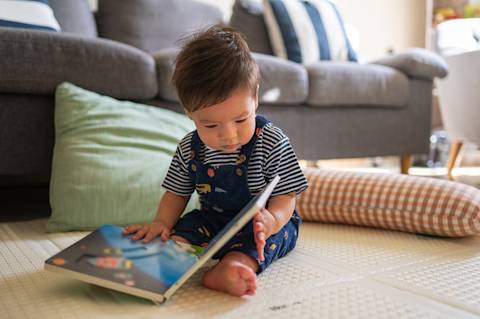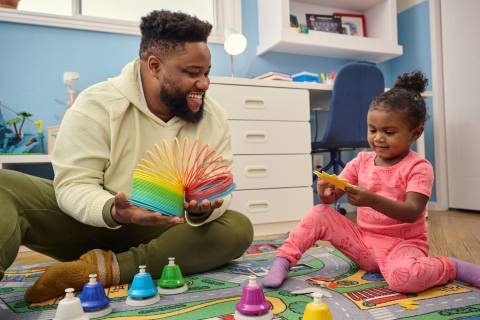When children receive praise, it can have a huge, positive effect on them. It can improve their self-confidence and how they feel about themselves. It also encourages them to continue doing the behavior that they were praised for.

Studies have shown that when children receive praise, it increases their self-esteem, personal motivation, and ability to keep trying even when things are difficult. Not to mention, it feels great to hear words of encouragement! It also motivates them to keep doing the behavior that led to receiving praise.
Praising your child is a good idea for many reasons. But it’s also important to be aware of what actions to praise and the words to use. Here are some tips to keep in mind when praising your child with words:
Focus your praise on the specific thing they did well, and stick to honest, sincere language. Children can often tell when caregivers don’t really mean what they say, and insincere praise can have a negative impact. Being specific in your praise helps show that you’re sincere.
Praise the effort and process, not the result. By focusing on the effort, you’re sending your child the message that you value their hard work, no matter how it turned out. This can help increase their motivation and resilience when facing challenges.
When you praise your child, avoid comparing them to other children in your praise. This is a moment to show your child how special they are to you.
Here’s a bank of phrases you can pull from if you ever need ideas:
“You worked really hard on that. I’m so proud of the effort you put into it.”
“I really appreciate how thoughtful you were when you did that.”
“You were such a great friend when you did that.”
“I love your idea. Can you tell me more about it?”
“Thank you for helping me. I like the way you did that.”
“I’m so proud of you for trying and not giving up.”








